

Our Courses
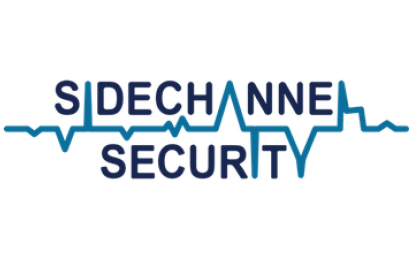
Introduction to Software Side Channels and Mitigations
Side channels exist in the real world, but they also exist in computers and can be exploited directly from software. This is a substantial computer security problem today, that we need to learn about to be able to stop attacks. In this course, you will learn and practice basic software-based side channels and understand the thought process to utilize a side channel. You will then learn how to mitigate or avoid side channels in software.
-
Course by

-
 Self Paced
Self Paced
-
 English
English

Securing Digital Democracy
In this course, you'll learn what every citizen should know about the security risks--and future potential — of electronic voting and Internet voting. We'll take a look at the past, present, and future of election technologies and explore the various spaces intersected by voting, including computer security, human factors, public policy, and more.
-
Course by

-
 Self Paced
Self Paced
-
 14 hours
14 hours
-
 English
English

Computer Security and Systems Management
The Computer Security and Systems Management Specialization focuses on computing in an enterprise environment. Combining both theory and real world experience and architecture, the courses will prepare you to design and audit secure enterprise systems. The courses will cover practical use of major server operating systems in an enterprise environment and how to design and operate them securely.
-
Course by

-
 Self Paced
Self Paced
-
 English
English

Applied Cryptography
This specialization is intended for the learners interested in or already pursuing a career in computer security or other cybersecurity-related fields. Through four courses, the learners will cover the security of information systems, information entropy, classical cryptographic algorithms, symmetric cryptography, asymmetric/public-key cryptography, hash functions, message authentication codes, digital signatures, key management and distribution, and other fundamental cryptographic primitives and protocols.
-
Course by

-
 Self Paced
Self Paced
-
 English
English

Introduction to Computer Security
The purpose of this short four-week course is to introduce the topic of computer system security. We initially look at a short basic introduction to computer system core components and functions and then extend this to consider a variety of topics from hardware to applications. Throughout we provide pointers to openly available materials for background and further reading to explore the topics. We refer to the Cyber Security Body of Knowledge (CyBOK) as a reference for cyber security knowledge, alongside other sources that are widely available.
-
Course by

-
 Self Paced
Self Paced
-
 41 hours
41 hours
-
 English
English

Cybersecurity for Business
It seems anymore that you can't listen to the news without hearing of a data breach. You may have heard it said before that there are 2 types of companies out there, the ones who have been breached and those who will be breached. Defending against attackers who want to compromise assets can seem like an arduous task, but learning how attacks work and more importantly how to defend against those attacks can be very fulfilling. This specialization is designed to introduce you to practical computer security by teaching you the fundamentals of how you use security in the business world.
-
Course by

-
 Self Paced
Self Paced
-
 English
English

Cybersecurity in Healthcare (Hospitals & Care Centres)
The Cybersecurity in Healthcare MOOC was developed as part the SecureHospitals.eu project. This project has received funding from the European Union’s Horizon 2020 Coordination Research and Innovation Action under Grant Agreement No. 826497. The course "Cybersecurity in Healthcare" has been developed to raise awareness and understanding the role of cybersecurity in healthcare (e.g., hospitals, care centres, clinics, other medical or social care institutions and service organisations) and the challenges that surround it.
-
Course by

-
 Self Paced
Self Paced
-
 15 hours
15 hours
-
 English
English
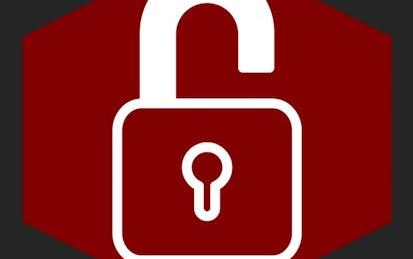
Cyber Threats and Attack Vectors
Data breaches occur nearly every day. From very large retailers, down to your fantasy football website, and anywhere in between, they have been compromised in some way. How did the attackers get in? What did they do with the data they compromised? What should I be concerned with in my own business or my systems? This course is the second course in the Practical Computer Security. It will discuss types of threats and attack vectors commonly seen in today’s environment. I hate to be the bearer of bad news, but threats are all over the place!
-
Course by

-
 Self Paced
Self Paced
-
 12 hours
12 hours
-
 English
English
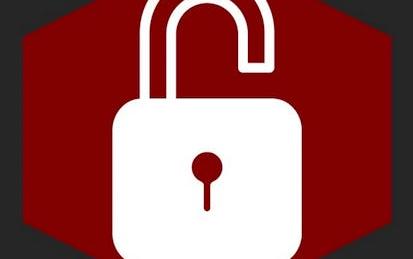
Introduction to Cybersecurity for Business
The world runs computers. From small to large businesses, from the CEO down to level 1 support staff, everyone uses computers. This course is designed to give you a practical perspective on computer security. This course approaches computer security in a way that anyone can understand. Ever wonder how your bank website is secure when you connect to it? Wonder how other business owners secure their network? Wonder how large data breaches happen? This is practical computer security. It will help you answer the question – what should I focus on?
-
Course by

-
 Self Paced
Self Paced
-
 12 hours
12 hours
-
 English
English
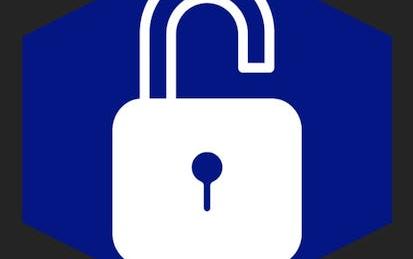
Detecting and Mitigating Cyber Threats and Attacks
Computer attacks and data breaches are inevitable. It seems like every day a data breach occurs and the victims of the data breach suffer. Their information is stolen or posted online. The company’s or businesses who had the breach go on, learn a little from the attack, and just give credit monitoring out as if nothing happened. What if you could help prevent a data breach in your organization? This is the third course in the Practical Computer Security specialization.
-
Course by

-
 Self Paced
Self Paced
-
 12 hours
12 hours
-
 English
English

Enterprise System Management and Security
The world runs on computers. Your watch, your TV, your car. You might be familiar on how to operate each of these. Your home computer you are even more familiar with operating it. But what does it take to really take computer systems to the next level? - The enterprise level. In this course we discuss what makes home computing systems different from enterprise computing systems.
-
Course by

-
 Self Paced
Self Paced
-
 12 hours
12 hours
-
 English
English
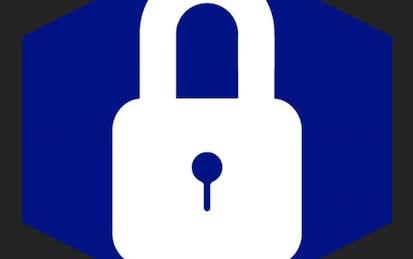
Proactive Computer Security
I’ve heard this before – “I’m not sure my computer security practices are working”. I reply “Have you tested them?” This course is the fourth and final course in the Practical Computer Security specialization. In this course, you’ll learn how to proactively test what you have put in place to protect your data. In the first week you’ll be able to discuss the basics of deterrents and how to “trick” attackers into believing they’ve hit a goldmine of data away from your real systems. In week 2, you’ll be able to understand and discuss the steps of penetration testing methodology.
-
Course by

-
 Self Paced
Self Paced
-
 11 hours
11 hours
-
 English
English

Industrial IoT Markets and Security
This course can also be taken for academic credit as ECEA 5385, part of CU Boulder’s Master of Science in Electrical Engineering degree. Developing tomorrow's industrial infrastructure is a significant challenge. This course goes beyond the hype of consumer IoT to emphasize a much greater space for potential embedded system applications and growth: The Industrial Internet of Things (IIoT), also known as Industry 4.0. Cisco’s CEO stated: “IoT overall is a $19 Trillion market.
-
Course by

-
 22 hours
22 hours
-
 English
English



